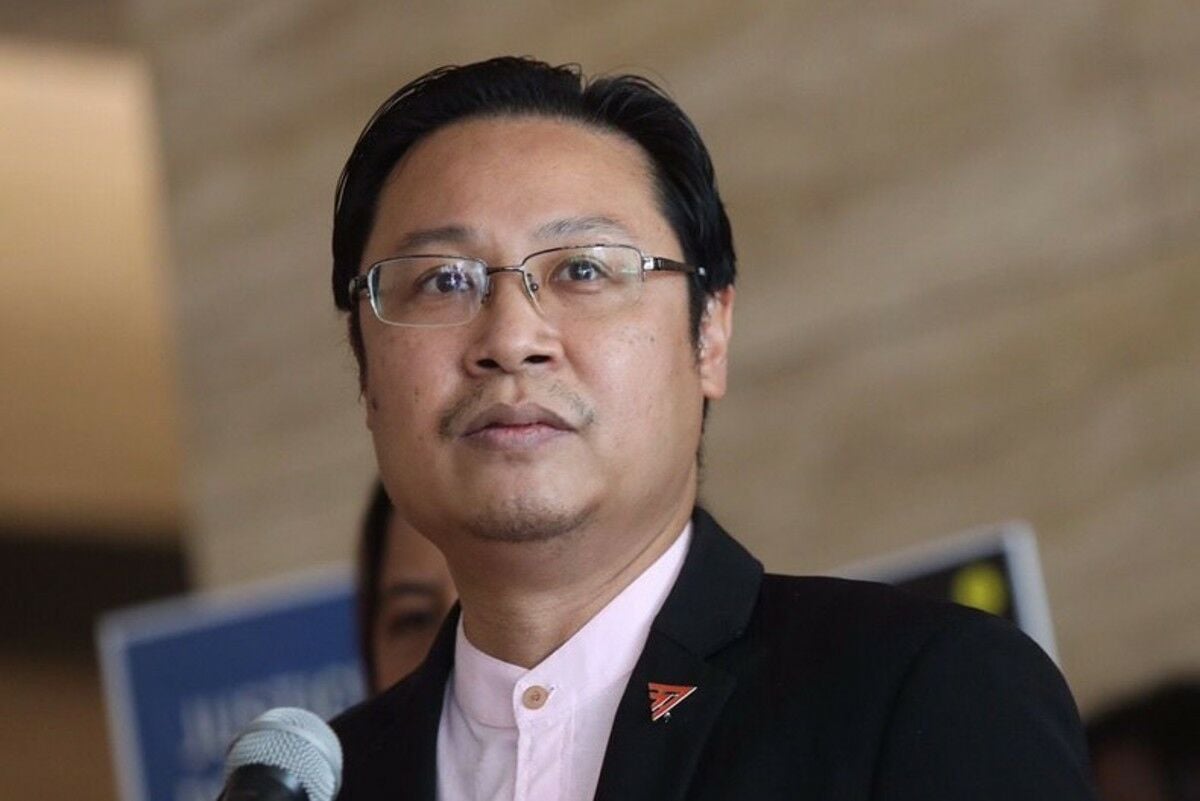Joint session on 2017 Thailand constitution set for mid-December

The House of Representatives anticipates holding a joint session with the Senate by mid-December to deliberate on a bill amending the 2017 constitution.
According to Nattawut Buaprathum, a People’s Party list MP and opposition whip chief, this decision follows an agreement between the government and opposition whips.
The whips agreed that starting deliberation during the nearly concluded parliamentary session would be too rushed. They decided to wait until the next session begins.
Nattawut announced that the ideal period for the joint sitting would be December 16 to 18. He communicated this to House Speaker Wan Muhamad Noor Matha during yesterday’s Lower House meeting, referencing recent discussions with Visuth Chainaroon, the Chief Government Whip.
Wan responded that he would need to consult with Senate Speaker Mongkol Surasajja about the proposed timeframe. He plans to convene a meeting of government, opposition, and Senate whips to finalise the schedule for the joint sitting.
Meanwhile, Senator Pisit Apiwattanapong, the Senate Chief Whip, stated that the Upper House would select 14 senators on Monday, October 21 to join a joint parliamentary committee. This committee aims to mediate differences between the two Houses regarding the charter referendum bill.
The House of Representatives has already passed the bill, which was subsequently amended by the Senate to maintain the double majority rule for a new referendum on the government’s charter rewrite proposal.
“In case the joint committee cannot reach an agreement, the bill will be shelved for 180 days before the Lower House has the final say and can promulgate it.”
The double majority rule requires that at least half of all eligible voters participate in the referendum, and the winning outcome must be supported by at least half of those who cast their votes, reported Bangkok Post.
ORIGINAL STORY: People’s Party urges urgent rewrite of 2017 constitution
The opposition People’s Party (PP) called on the government to prioritise the rewrite of the 2017 constitution as an urgent policy. The party, formerly known as the Move Forward Party, expressed doubts about the promised changes, citing the minimal mention and low priority given to the charter rewrite in the government’s recent policy statement.
Natthaphong Ruengpanyawut, PP leader, criticised the government’s approach during the first day of a two-day parliamentary session dedicated to the government’s policy statement and subsequent debate. He challenged Prime Minister Paetongtarn Shinawatra to explain, in her own words, why the charter rewrite is not being treated as a priority if the government fails to address this issue.
“If the government cannot make the charter rewrite a priority, I will ask the prime minister to stop reading from her script and tell us why not herself.”
The PP urged the government to reclassify the charter rewrite as an urgent policy alongside four amendment bills proposed by the party. Unlike the policy statement delivered by former Prime Minister Srettha Thavisin in September last year, which listed the charter rewrite as one of his administration’s five urgent policies, the recent statement by the new Thai PM did not give it the same emphasis.
This time, the statement only mentioned that the government would expedite the drafting of a people’s version of the constitution and make it as democratic as possible, without providing much detail.
Political time bomb
Phuthita Chaianuan, a PP MP for Chiang Mai, described the 2017 constitution as a political time bomb, criticising its allowance for judicial activism and military influence over government and the public.
“This problem is evident but the government dares not even clearly talk about it. Why on earth does the charter rewrite now come after the middle- and long-term policy categories? And why does the government dare not pledge when to begin and finish it?”
Phuthita also pointed out the lack of public participation in the new policy statement, which contrasts with previous promises. Earlier commitments included public involvement in designing the charter referendum question and drafting the new constitution. These elements, she noted, had disappeared from the current policy statement.
“This makes me seriously doubt if the public will be allowed to take part in the charter rewrite, whether a new charter drafting assembly will be elected by voters, and if the promised charter rewrite will ever happen.”
Prime Minister Paetongtarn delivered her policy statement in Parliament, focusing primarily on measures to improve people’s financial status and increase state income, reported Bangkok Post.
Latest Thailand News
Follow The Thaiger on Google News:


























